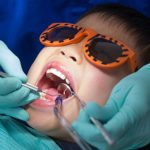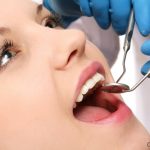Smoking After Wisdom Teeth Removal: When is it Safe?
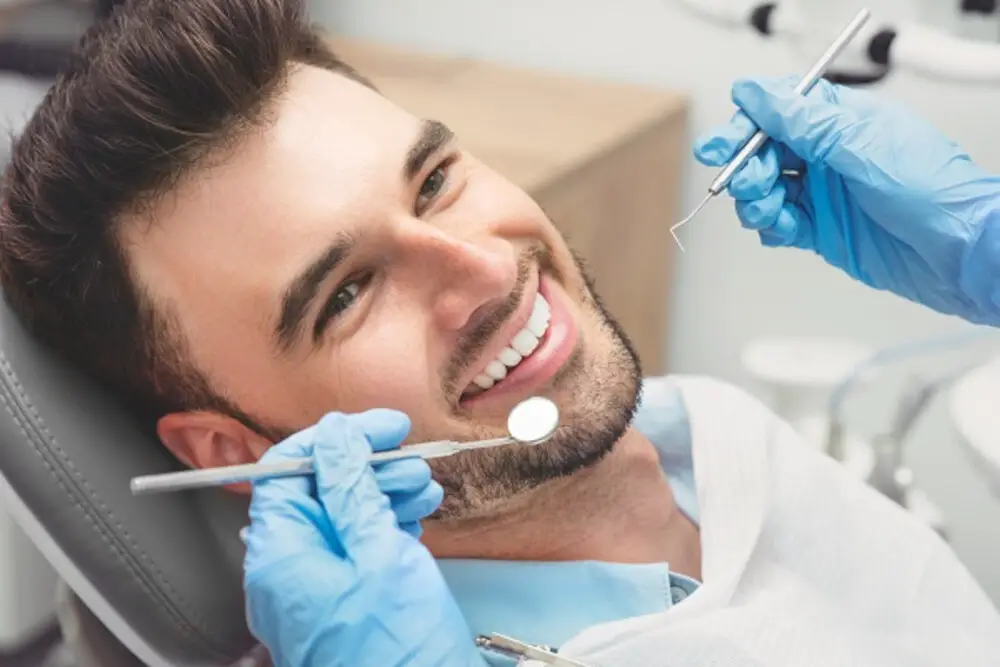
Wisdom teeth removal is a common dental procedure that many people undergo at some point in their lives. After the surgery, patients are often left wondering when it is safe to resume their daily activities, including smoking. Smoking is a habit that has been linked to several health issues, including dental problems. Therefore, it is essential to know when you can safely smoke after wisdom teeth removal without compromising your oral health. The time it takes for your mouth to heal after wisdom teeth removal varies from person to person. Some people heal faster than others, depending on their age, health status, and the number of teeth removed. Smoking can hinder the healing process by reducing blood flow to the surgical site, leading to complications such as dry socket. Therefore, it is crucial to follow your dentist’s instructions on when it is safe to smoke after wisdom teeth removal to avoid any preventable complications. This article will provide insights into when it is safe to resume smoking after wisdom teeth removal.
Wisdom teeth, or third molars, are the last set of teeth to emerge in the back of the mouth. For some people, wisdom teeth grow without causing any problems. However, many individuals experience pain, infection, and other complications due to the improper alignment, size, and shape of these teeth. In such cases, a dentist or oral surgeon may recommend wisdom teeth removal. This procedure involves extracting one or more wisdom teeth under local or general anesthesia. The recovery period can take several days to a few weeks, during which the patient must follow certain guidelines to promote healing and prevent complications. One of these guidelines is to avoid smoking or using any tobacco products for a certain period after wisdom teeth removal to reduce the risk of dry socket and other complications.
Following aftercare instructions is crucial for a successful recovery after any surgical procedure, including wisdom teeth removal. After the surgery, the site of extraction is vulnerable to infection, bleeding, and other complications. Patients who smoke after wisdom teeth removal face an increased risk of dry socket, a painful condition that can develop when the blood clot at the extraction site is dislodged. To prevent such complications, it is essential to follow aftercare instructions carefully, including avoiding smoking and tobacco use for at least 72 hours after surgery. Patients should also take prescribed medications, maintain good oral hygiene, and avoid strenuous activities. Neglecting aftercare instructions can prolong the recovery time, cause unnecessary pain and discomfort, and even lead to serious complications. Therefore, it is crucial to prioritize following the aftercare instructions to ensure a smooth and speedy recovery after wisdom teeth removal.
Why Smoking After Wisdom Teeth Removal is Unsafe
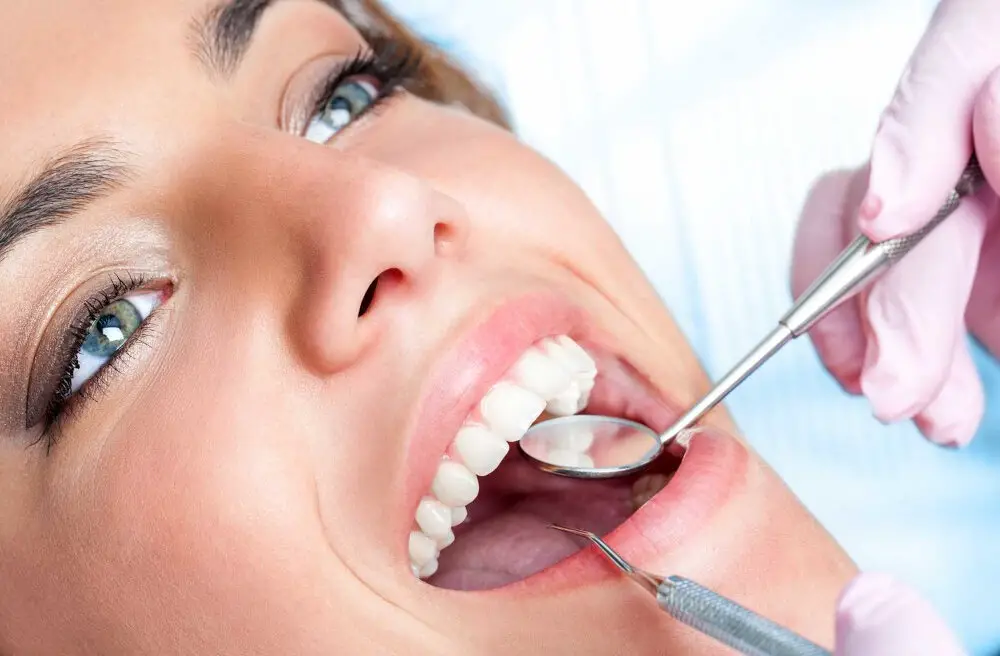
Smoking after wisdom teeth removal is highly unsafe and can lead to a range of complications. The act of smoking causes suction, which can dislodge the blood clot that forms over the extraction site. This can result in a condition called dry socket, where the bone and nerves of the extraction site become exposed, leading to intense pain and infection. Smoking can also impair the healing process, as it restricts blood flow to the gums and can cause inflammation. Furthermore, smoking can increase the risk of infection, as it weakens the immune system and makes it harder for the body to fight off bacteria. It is essential to avoid smoking for at least 48 to 72 hours after wisdom teeth removal to allow the blood clot to form and promote healing. Even after this period, it is recommended to avoid smoking for a minimum of seven days to prevent the risk of complications. Instead, patients can opt for nicotine patches or gum to help with cravings. It is also important to avoid consuming alcohol and carbonated drinks, as they can cause dry socket and delay the healing process. By following these guidelines, patients can ensure a smooth and speedy recovery after wisdom teeth removal.
Smoking is known to have a negative impact on wound healing, including after wisdom teeth removal. Nicotine and other chemicals in cigarettes restrict blood flow, leading to reduced oxygen and nutrient supply to healing tissues. This slows down the healing process and increases the risk of complications such as infection and dry socket. Smoking also weakens the immune system, making it harder for the body to fight off infections. It is therefore recommended to avoid smoking for at least 72 hours after wisdom teeth removal to allow for proper healing.
Dry socket is a painful condition that can occur after wisdom teeth removal. It happens when the blood clot that forms in the socket where the tooth was removed dislodges or dissolves before the wound has had a chance to heal. Smoking after wisdom teeth removal can increase the risk of dry socket. The nicotine in cigarettes can constrict blood vessels, reducing blood flow to the socket and slowing down the healing process. The act of smoking also creates suction in the mouth, which can dislodge the blood clot and expose the sensitive bone and nerves underneath. To prevent dry socket, it is recommended to avoid smoking for at least 72 hours after wisdom teeth removal.
Smoking has a significant impact on the overall recovery time after wisdom teeth removal. The chemicals present in cigarette smoke can cause irritation and delay the healing process of the extraction site. Smoking can also increase the risk of infection by reducing blood flow to the affected area, which is crucial for the body to heal itself. Furthermore, smoking can lead to dry sockets, a painful condition that occurs when the blood clot in the socket is dislodged, exposing the bone and nerves. To ensure a smooth and speedy recovery, it is essential to avoid smoking for at least 72 hours after wisdom teeth removal. It is best to quit smoking altogether, as it can have detrimental effects on overall health and well-being.
When is it Safe to Smoke After Wisdom Teeth Removal?
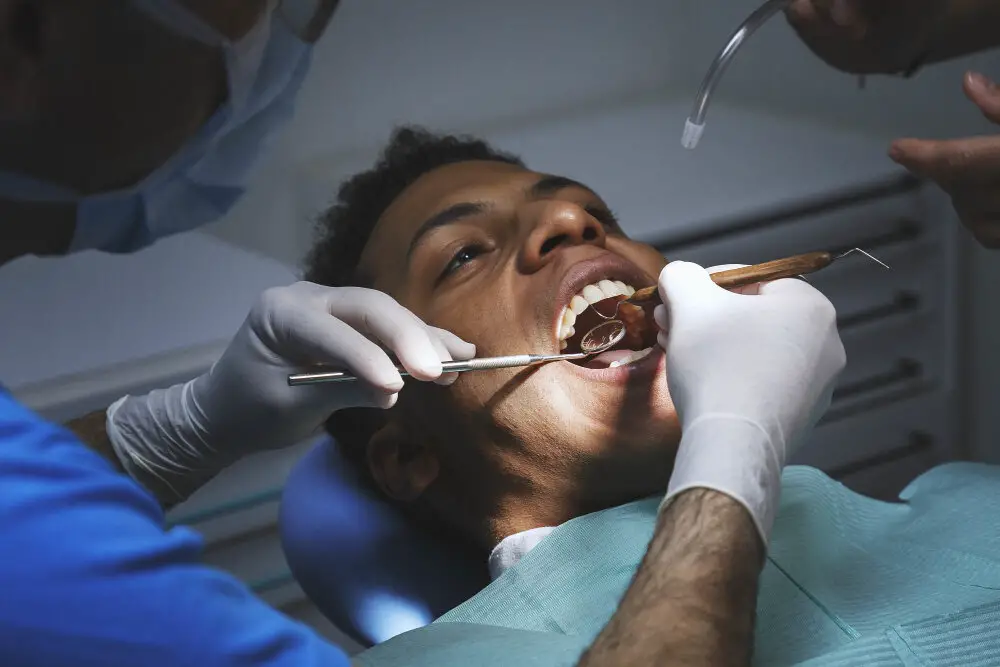
Wisdom teeth removal is a common dental procedure that involves the extraction of the molars located at the back of the mouth. After the surgery, patients are advised to avoid smoking for at least 72 hours to minimize the risk of complications. Smoking can delay the healing process, increase the risk of infection, and cause dry socket, a condition that occurs when the blood clot that forms after the extraction is dislodged. Dry socket can cause severe pain and discomfort and may require additional treatment. The nicotine and other chemicals in cigarettes can constrict blood vessels and reduce blood flow to the affected area, which can compromise the healing process. Smoking can also increase the risk of infection by introducing bacteria and other harmful substances into the open wound. Therefore, it is crucial to follow the dentist’s instructions and avoid smoking or using any tobacco products for at least 72 hours after wisdom teeth removal. After that, patients can gradually resume smoking, but they should be cautious and avoid inhaling deeply or using any smoking devices that create suction, such as cigarettes, pipes, or vaping devices.
Several factors can significantly affect the healing time after wisdom teeth removal, including age, overall health, and lifestyle habits. Smoking, for example, can be a significant contributor to delayed healing and complications following oral surgery. Nicotine and other chemicals present in cigarettes can constrict blood vessels, reducing blood flow to the surgical site and impairing the body’s natural healing process. Additionally, smoking can cause dry socket, a painful condition in which the blood clot that forms after extraction becomes dislodged, exposing the bone and nerves. It is, therefore, essential to avoid smoking for at least 72 hours after wisdom teeth removal to ensure proper healing and minimize the risk of complications.
The recovery timeline after wisdom teeth removal varies from person to person, but typically, it takes about 7-10 days for the initial healing process to occur. During this time, it is important to follow all post-operative instructions given by the dentist or oral surgeon, including avoiding smoking. Smoking after wisdom teeth removal can slow down the healing process and increase the risk of complications such as dry socket. After the initial healing phase, it may take several weeks for the gum tissue to fully heal and for any swelling to subside. It is important to continue avoiding smoking during this time to ensure proper healing and reduce the risk of infection.
Dental professionals strongly advise against smoking after wisdom teeth removal. Smoking can lead to a variety of complications, including dry sockets, infection, and delayed healing. The chemicals in cigarettes can also constrict blood vessels, reducing blood flow to the surgical site and delaying the healing process. Even electronic cigarettes and smokeless tobacco can be harmful due to the nicotine and other chemicals they contain. To ensure a smooth recovery and minimize the risk of complications, patients should avoid smoking for at least 72 hours after their wisdom teeth extraction procedure. If you’re struggling to quit smoking, consult with your dentist or doctor for support and resources.
Alternatives to Smoking After Wisdom Teeth Removal
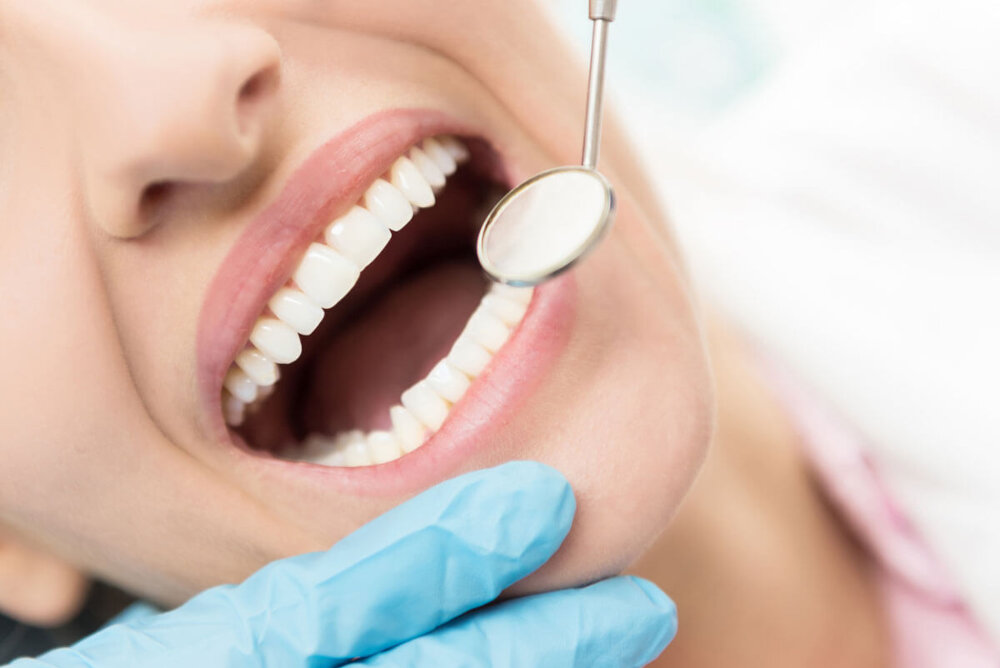
After wisdom teeth removal, smoking can be detrimental to the healing process and can lead to complications such as dry socket. Therefore, it is important to consider alternative methods to smoking during the recovery period. One option is to try nicotine gum or patches, which can help reduce cravings and withdrawal symptoms without the harmful effects of smoking. These products can be found over-the-counter and come in different strengths to match the individual’s nicotine needs. Another option is to try using an electronic cigarette or vaporizer, which allows the user to inhale nicotine without the harmful chemicals found in tobacco smoke. However, it is important to note that these products still contain nicotine and should be used with caution. In addition to nicotine replacement therapies, there are also non-nicotine alternatives to smoking after wisdom teeth removal. One option is to try herbal cigarettes, which are made from a blend of herbs and do not contain tobacco or nicotine. These cigarettes can provide a similar hand-to-mouth motion and can help ease cravings without the harmful effects of smoking. Another option is to try relaxation techniques such as deep breathing, meditation, or yoga, which can help reduce stress and anxiety, both of which can trigger cravings for cigarettes. Overall, it is important to find alternative methods to smoking after wisdom teeth removal to ensure a smooth and successful recovery.
Nicotine replacement therapy (NRT) is a treatment method that helps individuals quit smoking by providing them with a controlled dose of nicotine without the harmful chemicals found in cigarettes. NRT comes in various forms such as gum, patches, lozenges, inhalers, and nasal sprays. These products work by reducing withdrawal symptoms and cravings associated with quitting smoking, making it easier for individuals to quit for good. NRT is considered safe for most individuals, including those who have recently undergone wisdom teeth removal surgery. However, it is important to consult with a healthcare professional to determine if NRT is the best option for quitting smoking after wisdom teeth removal and to ensure that it is used correctly.
Smokeless tobacco and e-cigarettes are often considered a safer alternative to smoking traditional cigarettes, but they still pose risks to oral health. Smokeless tobacco, such as chewing tobacco and snuff, contains harmful chemicals that can cause oral cancer, gum disease, and tooth decay. E-cigarettes, while they do not contain tobacco, still contain nicotine and other chemicals that can harm oral tissues and increase the risk of gum disease. After wisdom teeth removal, it is important to avoid all forms of tobacco and nicotine products to promote healing and reduce the risk of complications.
During the recovery period after wisdom teeth removal, it is important to focus on healthy habits. This includes avoiding smoking for as long as possible to allow for proper healing of the wound. Smoking can delay the healing process and increase the risk of complications such as dry socket. In addition to avoiding smoking, it is also important to maintain a healthy diet, stay hydrated, and practice good oral hygiene habits. This will not only aid in the healing process but also promote overall health and well-being. By prioritizing healthy habits during recovery, individuals can ensure a smooth and successful healing process after wisdom teeth removal.
Smoking after wisdom teeth removal poses significant risks to the healing process. The suction created by smoking can dislodge the blood clot, leading to a painful condition known as dry socket. This condition can lead to infection, prolonged healing time, and even the need for additional dental procedures. Smoking also decreases the amount of oxygen in the blood, which is essential for proper healing. Nicotine and other chemicals found in cigarettes can also slow down the immune system, making it more difficult for the body to fight off infection. Therefore, it is essential to avoid smoking for at least 72 hours after wisdom teeth removal to ensure proper healing and reduce the risk of complications.
It is of utmost importance to follow the advice given by dental professionals after wisdom teeth removal. Ignoring or neglecting their advice can lead to complications or delayed healing. Smoking, for instance, can have a significant impact on the healing process as it constricts blood vessels and reduces oxygen supply to the affected area. This can result in dry socket, a painful condition that occurs when the blood clot in the socket dislodges or dissolves before the wound has fully healed. Dental professionals are trained and experienced in providing post-operative care instructions that can help prevent such complications and promote optimal healing. Therefore, it is crucial to heed their advice and follow it diligently to ensure a smooth and speedy recovery.
Prioritizing overall health and recovery after wisdom teeth removal is crucial for a smooth and successful healing process. Smoking after wisdom teeth removal can significantly delay the healing process and increase the risk of complications such as dry socket. It is important to avoid smoking or using any tobacco products for at least 72 hours after the procedure. Instead, focus on maintaining a healthy diet, staying hydrated, and getting plenty of rest. Incorporating gentle exercise and activities that do not involve strenuous physical exertion can also help promote healing. Remember, taking care of your overall health and prioritizing recovery is key to ensuring a quick and successful recovery after wisdom teeth removal.
Conclusion

In conclusion, smoking after wisdom teeth removal is never safe. It can lead to serious complications, including delayed healing, dry socket, infection, and even permanent damage to the oral cavity. The best course of action is to avoid smoking for at least 72 hours after the procedure and quit the habit altogether. The recovery period after wisdom teeth removal is crucial, and taking care of your oral health is essential to ensure a smooth and speedy recovery. Therefore, it is imperative to follow the post-operative instructions given by your dentist or oral surgeon to minimize the risks and ensure a successful recovery. Remember, the health of your teeth and gums is paramount, and quitting smoking is one of the best things you can do to safeguard it.

